Did you know that more than 37 million Americans are living with chronic kidney disease, and many don’t even know it? The kidneys are your body’s natural filters, removing waste and balancing fluids. Yet they’re often overlooked until serious problems arise. While medication and professional care play a critical role, diet is one of the most powerful and overlooked tools to support kidney health. In fact, what you eat every day can either protect your kidneys or push them closer to failure.
Here’s the surprising part: certain fruits contain compounds that actively support kidney function, reduce inflammation, lower blood pressure, and provide hydration without straining the body. Unfortunately, most people don’t realize which fruits truly help and which might do harm if eaten in excess.
This article reveals the 15 best fruits for kidney health, why they matter, and how you can easily add them to your daily routine. You’ll also discover practical tips from nutritionists, research-backed evidence, and a few case studies that show how small changes can make a big difference. By the end, you’ll know exactly which fruits deserve a permanent place in your kitchen if you want to keep your kidneys healthy for years to come.
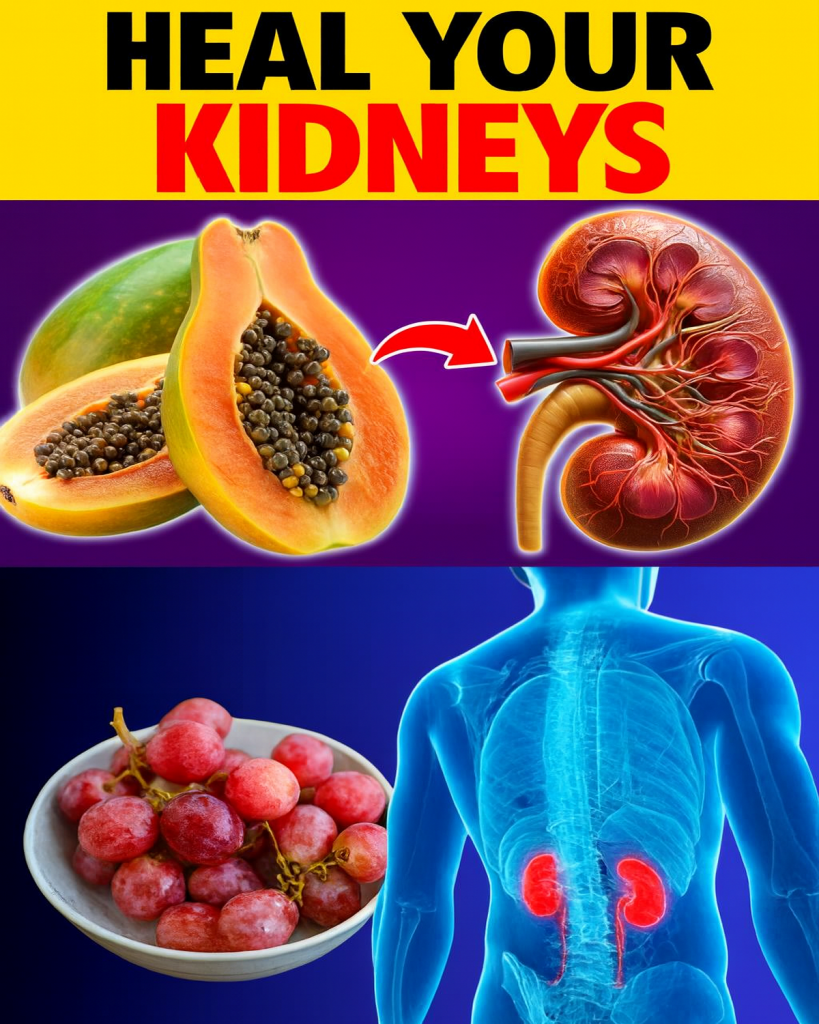
Why Diet Is Crucial for Kidney Health
Before diving into the fruits, it’s important to understand why diet matters so much for kidney function. Kidneys are highly sensitive to what you eat because they filter the byproducts of food metabolism. Excess salt, sugar, and protein can overload them, while antioxidant-rich, water-based foods often help reduce that burden.
Fruits play a unique role because they offer hydration, essential vitamins, and compounds like potassium and antioxidants that directly influence blood pressure and oxidative stress. Since high blood pressure and diabetes are the two main causes of kidney disease, eating the right fruits can help protect you from both.
| Factor | How Fruits Help | Example |
|---|---|---|
| Hydration | Keeps kidneys flushing waste efficiently | Watermelon, cucumber |
| Antioxidants | Reduce inflammation and cell damage | Blueberries, cherries |
| Blood Pressure | Natural potassium supports balance | Bananas, oranges |
| Detox Support | Gentle cleansing of toxins | Apples, lemons |
The 15 Best Fruits for Kidney Health
1. Apples
Apples are rich in fiber and anti-inflammatory compounds. Their pectin content can help lower cholesterol and blood sugar—two key risk factors for kidney disease. Eating one apple a day, especially with the skin, provides steady support for your kidneys.
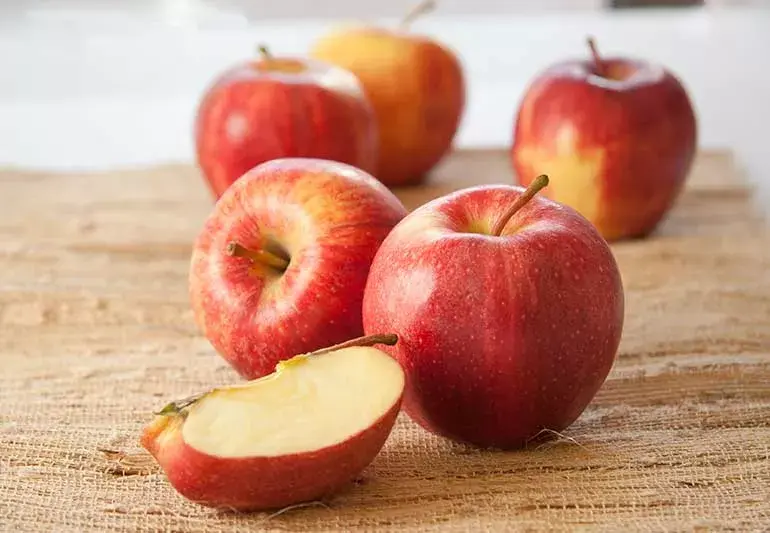
2. Blueberries
These small berries pack a punch with antioxidants called anthocyanins, which protect against oxidative stress and inflammation. Blueberries are low in potassium, making them safe even for people with advanced kidney issues.
3. Strawberries
Strawberries provide vitamin C, manganese, and fiber. They also contain ellagic acid, an antioxidant that protects kidney tissue from free radical damage. A handful of fresh strawberries is a kidney-friendly snack.
4. Cherries
Tart cherries are especially known for reducing inflammation. Studies show they can lower uric acid levels, which is important for people prone to kidney stones or gout.
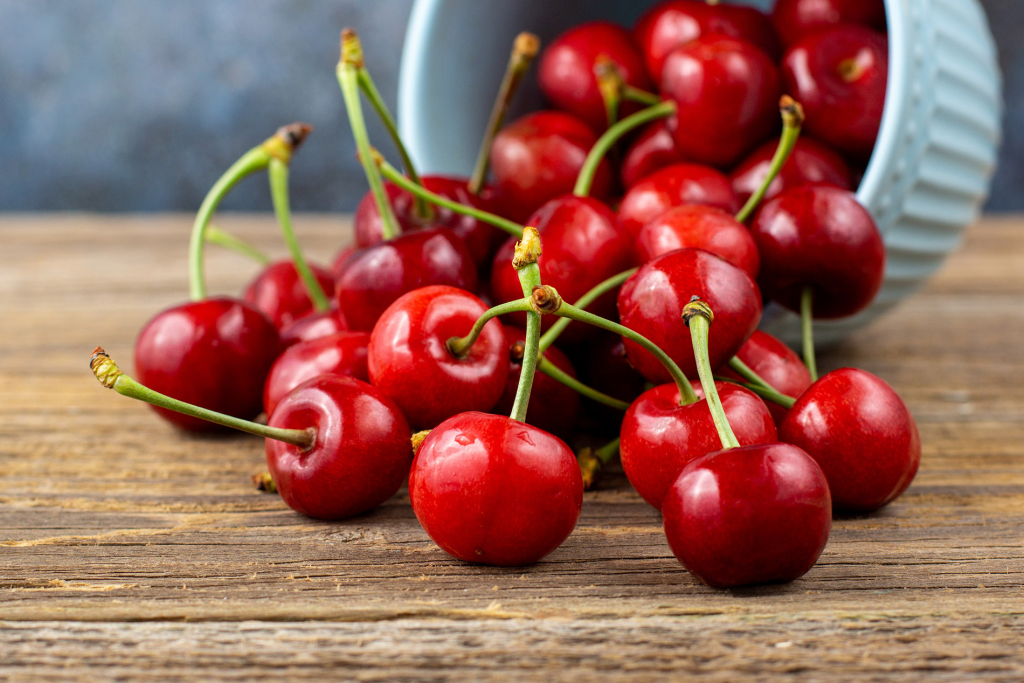
5. Cranberries
Cranberries are well known for supporting urinary tract health. They prevent bacteria from sticking to the bladder and urinary tract walls, reducing the risk of infections that can harm the kidneys over time.
6. Red Grapes
These juicy fruits contain resveratrol, an antioxidant that protects the kidneys and heart simultaneously. Their natural compounds also reduce inflammation and may lower blood pressure.
7. Watermelon
Made up of more than 90% water, watermelon is one of the best fruits for hydration. Its natural citrulline content may also support blood vessel health, improving circulation to the kidneys.
8. Pineapple
Unlike many tropical fruits, pineapple is lower in potassium, making it a safer option for those with kidney issues. It’s packed with vitamin C and bromelain, which reduces inflammation.
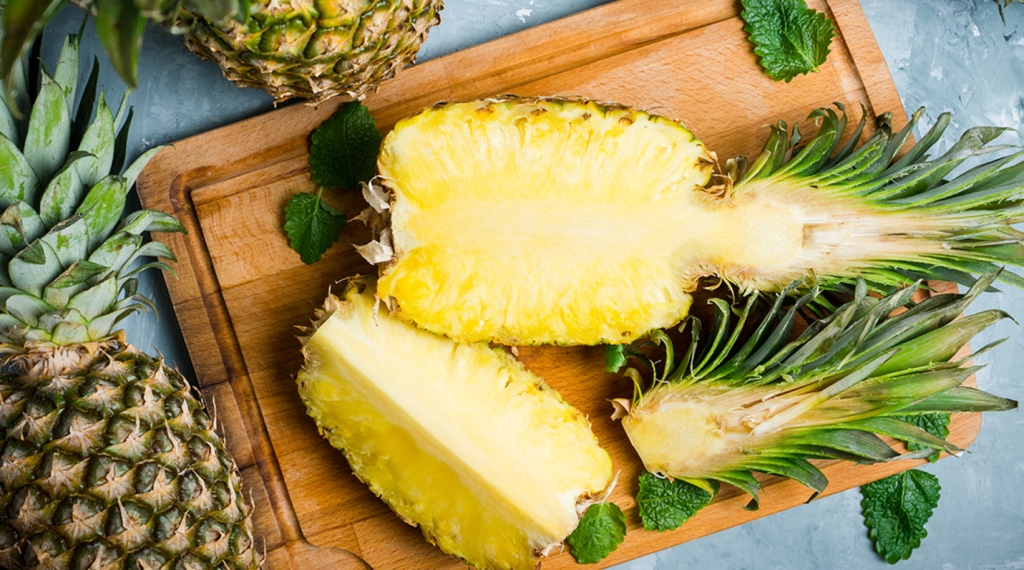
9. Mango
Mangoes provide vitamins A and C along with fiber. In moderation, they support immune function and digestion, both of which indirectly support kidney health.
10. Papaya
Papaya is rich in vitamin C and lycopene, an antioxidant that protects cells. It also supports digestion with natural enzymes, reducing the metabolic burden on your kidneys.
11. Oranges
While oranges are high in potassium, they’re excellent for those without advanced kidney disease. Their vitamin C and citric acid help prevent kidney stone formation.
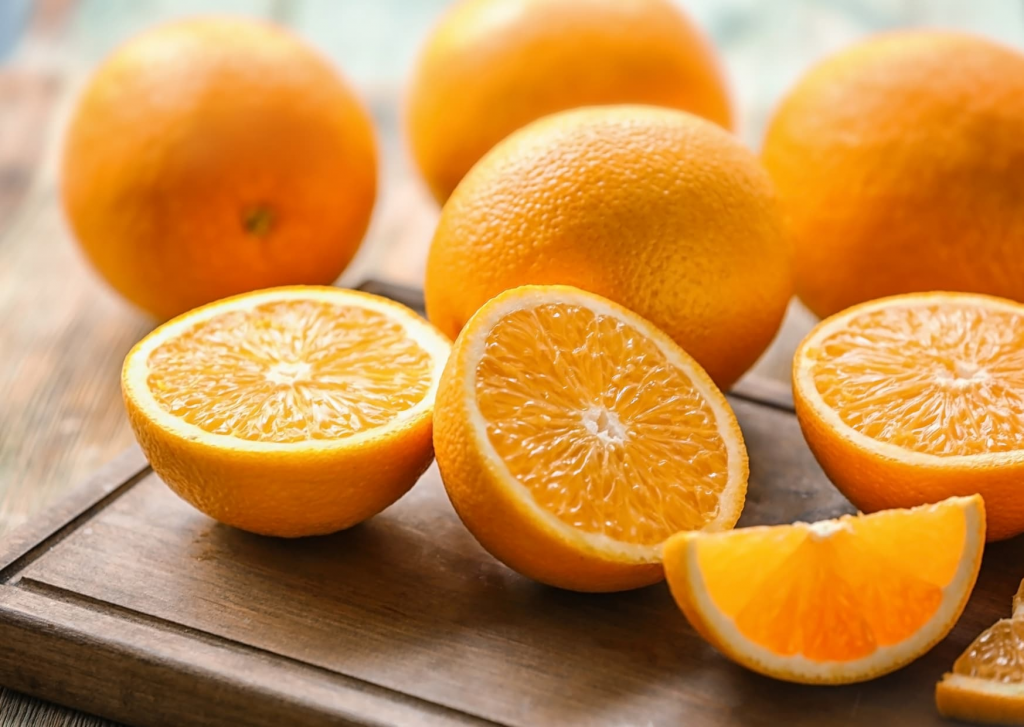
12. Lemons
Lemon juice is a natural detoxifier. Its citric acid content binds with calcium, reducing the risk of kidney stones. A glass of warm lemon water in the morning is a simple protective habit.
13. Pomegranate
Pomegranates are antioxidant-rich and anti-inflammatory. Research suggests they may reduce kidney inflammation and oxidative stress, supporting long-term function.
14. Kiwi
Kiwis are loaded with vitamin C and antioxidants, which help protect against cellular damage. They’re also lower in sodium and suitable for kidney-friendly diets.
15. Bananas
Bananas are a double-edged sword. They’re excellent for blood pressure regulation because of their potassium, but people with chronic kidney disease must consume them carefully under medical guidance.
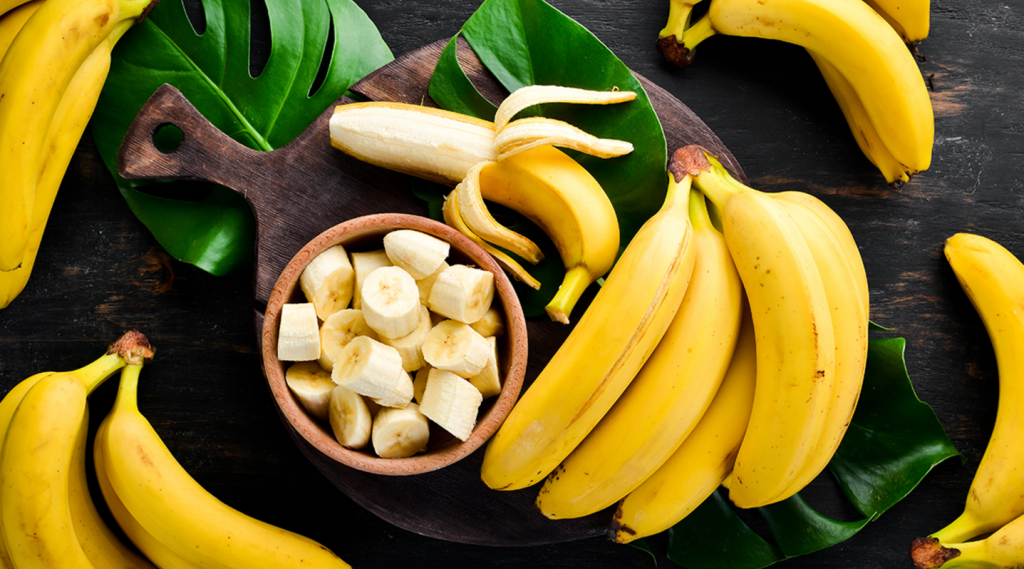
| Fruit | Key Benefit | Suitable For |
|---|---|---|
| Apples | Lowers cholesterol & blood sugar | Most people |
| Blueberries | Antioxidant & low potassium | CKD-friendly |
| Watermelon | Hydration & circulation | General kidney health |
| Cranberries | Prevents infections | UTI-prone individuals |
| Bananas | Regulates blood pressure | Only if potassium is safe |
Practical Tips for Adding These Fruits Daily
Knowing the best fruits is just the first step. The real challenge is making them part of your everyday life. Here are some practical ways:
- Morning routine: Start with warm lemon water or a smoothie of blueberries and spinach.
- Snack smart: Keep apples or strawberries on hand for mid-morning or afternoon cravings.
- Salads with a twist: Add pomegranate seeds or orange slices to salads for extra flavor and kidney-boosting benefits.
- Hydration upgrade: Infuse your water with cucumber and watermelon slices.
- Dessert swap: Replace sugary desserts with fresh fruit bowls topped with kiwi or pineapple.
Consistency matters. Eating these fruits once in a while won’t make a big difference, but making them a staple in your diet can transform your kidney health over time.
Case Studies: Real People, Real Results
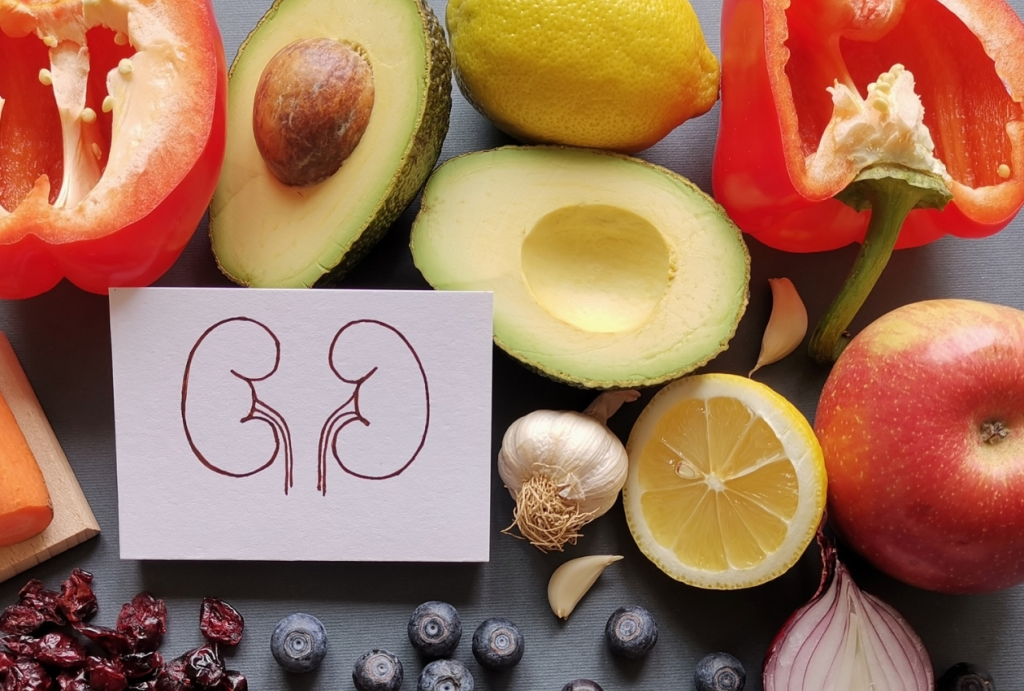
Consider Jane, a 52-year-old teacher who was diagnosed with stage 2 kidney disease. Her doctor recommended dietary changes, so she began incorporating blueberries, cranberries, and apples daily. Within six months, her lab results showed improved kidney function and reduced inflammation markers.
Then there’s Michael, a 45-year-old man with high blood pressure—a major risk factor for kidney damage. By replacing salty snacks with bananas and oranges, he not only lowered his blood pressure but also reduced strain on his kidneys.
These examples highlight how powerful simple fruit swaps can be when practiced consistently.
Expert Insights: What Doctors and Nutritionists Say
Health professionals emphasize that while fruits are beneficial, balance and moderation are key. Dr. Elaine Matthews, a nephrologist, explains, “The right fruits can protect your kidneys, but people with advanced kidney disease must be careful with potassium intake. Always consult your healthcare provider before making significant changes.”
Registered dietitian Laura Green adds, “The goal is to focus on hydration, antioxidants, and fiber. Berries, apples, and citrus fruits are often the safest bets. Combining these with an overall kidney-friendly diet amplifies the results.”
Conclusion: Your Path to Kidney Health Through Fruits
Kidneys may be small, but their role is enormous. The right fruits can hydrate, detoxify, reduce inflammation, and lower blood pressure—all factors that protect kidney function. By making fruits like blueberries, apples, cranberries, and watermelon a daily habit, you’re giving your body the natural tools it needs to stay strong.
FAQs in Brief (Tap to Expand):
Can fruits really heal my kidneys?
They can’t cure disease, but they support kidney function and prevent further damage.
Which fruit is best for kidney stones?
Lemons and oranges are excellent because of their citric acid content.
Should I avoid bananas?
If you have advanced kidney disease, monitor your potassium levels and ask your doctor before eating bananas regularly.
Is it safe to eat these fruits every day?
Yes, but balance and variety are essential. Too much of one fruit can backfire.
Disclaimer: This content is for informational purposes only and does not replace professional medical advice. Always consult your healthcare provider before making dietary changes, especially if you have kidney disease.




